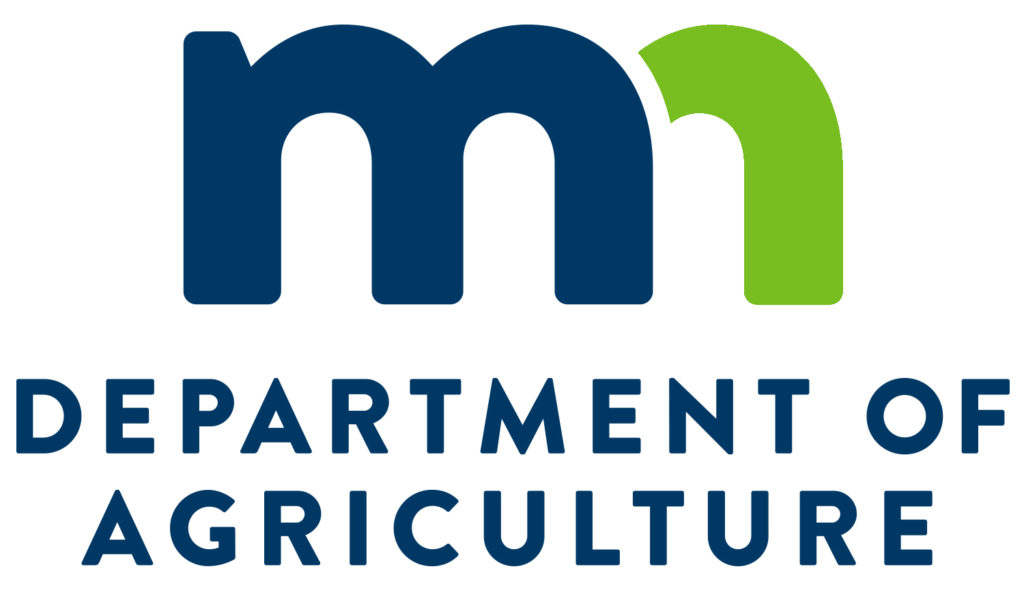
Coronavirus. As it continues to make headlines, commodity experts are wondering what kind of effect the spread of the virus will have on markets. Joe Vaclavik, President of Standard Grains in Chicago, says the outbreak will have some effect, but it’s hard to tell what kind or for how long.
“It’s not a positive. I don’t know that it’s the biggest negative in the world. It could be, and that’s why you’re seeing liquidation in some of these markets, like the stock market, and that’s why you’re seeing the grain markets soften up. Nobody wants to be long in this stuff. The Coronavirus probably goes the way of SARS, or some of these other similar types of outbreaks that we’ve last a month, maybe two months, maybe the better part of a year. Then, it probably makes its way out of the headline.”
He says the possibility of a significant impact on markets has likely grown over the past couple of weeks.
“There’s always that risk that it turns into something much bigger. It could eventually disrupt the flow of trade. Maybe there’s a country out there that decides to throw up trade barriers and says ‘hey, we don’t want corn from the U.S. because they’ve got too much of that virus going around. There’s always that sort of risk on the table.”

Mike Zuzolo, President of Global Commodity Analytics in Kansas, says the virus will likely have a significant impact on China’s poultry flocks. Separate reports have millions of chickens “on the edge of death.” But they aren’t necessarily sick with Coronavirus.
“Animal feed suppliers cannot get their shipments through, raw materials can’t get through, and this also corresponds with another article from the South China Morning Post that said hedging is not being done, soy meal is not being hedged, so soybeans are not being bought. I think what you’re looking at is probably pent-up demand for the livestock industry and that 300-million chickens die because of not being fed because of Coronavirus. That number of pounds of protein, you’re going to have to replace, eventually.”
There is a long-term buying potential for commodities, but only if the virus outbreak doesn’t last longer than reports are suggesting.
“If China and the scientists are correct and we see a peak in the maximum pressure of this virus, outbreaks of this virus, and, in the next 7-10 days, the price action we’re seeing right now will not last. It will set up a long-term buying potential for commodities.”
Again, that’s Mike Zuzolo of Global Commodity Analytics, as well as Joe Vaclavik of Standard Grains.

